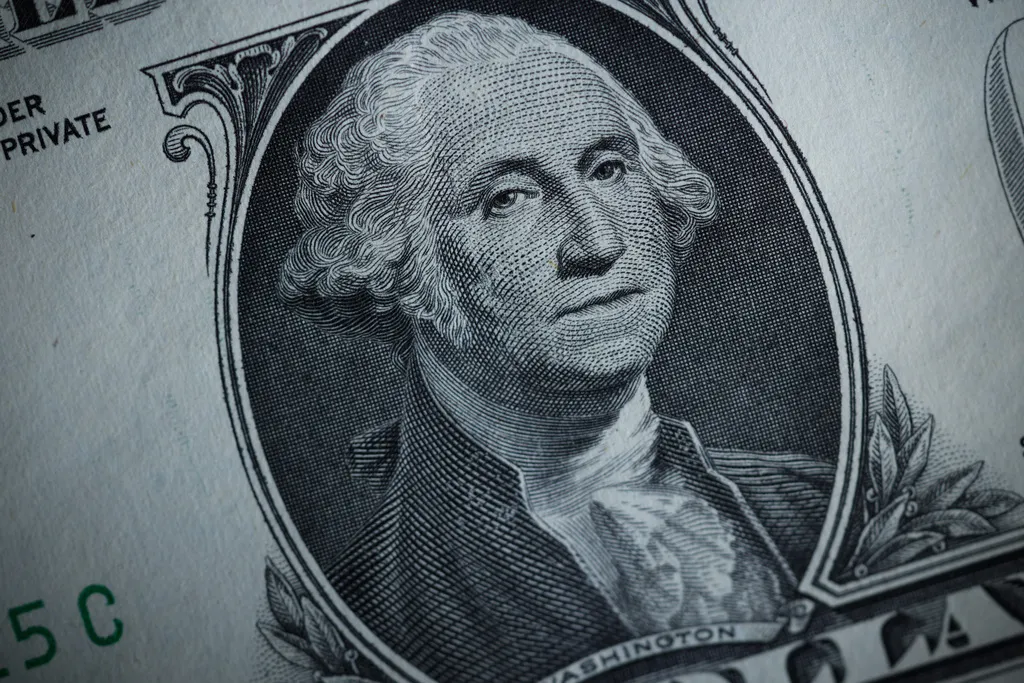Debt Denial Must End: Addressing the Growing National Debt Crisis

Understanding the National Debt Crisis
Debt denial must end in light of the alarming national debt situation. The Treasury Department reports that the gross national debt has surpassed $35 trillion, a staggering figure that continues to grow unsustainably. The debt-to-GDP ratio stands at 122 percent, indicating an urgent need for reform.
The Historical Context
Not long ago, the debt-to-GDP ratio was only 35 percent, indicating a stark shift in fiscal health. Today, more federal spending goes to servicing the national debt than to national defense, creating financial strain.
A Call for Bipartisan Action
- Political avoidance of the debt issue has significant repercussions.
- Generations of elected officials from both parties have opted for spending increases rather than fiscal responsibility.
- The current political climate has led to a critical oversight of the debt in party platforms.
Consequences of Inaction
Ignoring the debt could undermine the dollar's status as the world's reserve currency, leaving future generations to bear the consequences. A lack of attention to deficit reduction measures risks a fiscal catastrophe that could impact economic stability.
Moving Forward: Engaging Voters for Action
It's vital for voters to express their concerns about national debt to their representatives. Only through combined efforts can the U.S. address its fiscal challenges successfully.
This article was prepared using information from open sources in accordance with the principles of Ethical Policy. The editorial team is not responsible for absolute accuracy, as it relies on data from the sources referenced.